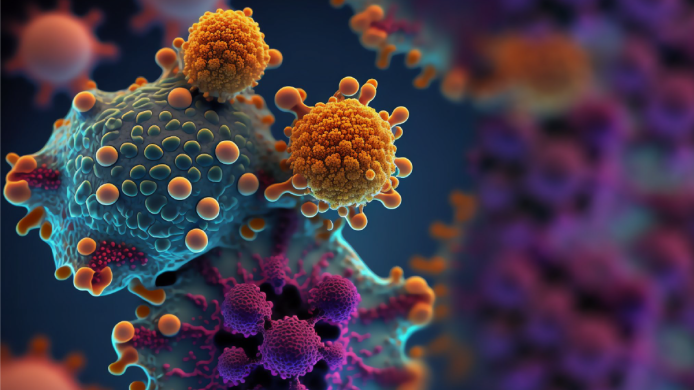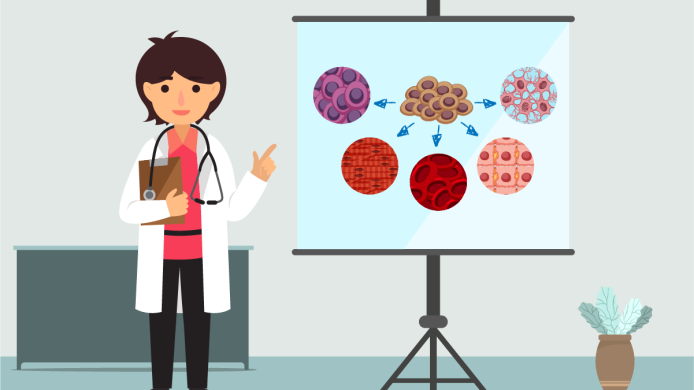One of the most widely studied applications of AI in oncology is in medical imaging. AI, particularly deep learning algorithms, has been trained to recognize minute patterns in mammograms, CT scans, MRIs, and dermoscopic images that may indicate early cancerous changes.
Read More...Series
Science Series #20: The role of the microbiome in Alzheimer´s disease
CAR-T cell therapy involves taking a patient’s immune cells (T cells), and engineering them in a laboratory to produce a special structure called a Chimeric Antigen Receptor (CAR). This structure enables the T cells to recognize and attack cancer cells.
Read More...Science Series #19: Switchable CAR-T cells therapy
CAR-T cell therapy involves taking a patient’s immune cells (T cells), and engineering them in a laboratory to produce a special structure called a Chimeric Antigen Receptor (CAR). This structure enables the T cells to recognize and attack cancer cells.
Read More...Social Science Serie #12: The role of nutrition in cancer prevention
While some risk factors are beyond our control, such as genetic makeup and age, adopting a healthy lifestyle and making informed dietary choices can significantly contribute to preventing the onset of cancer.
Read More...Science Series #18: Understanding cancer stem cells
Stem cells are the body’s master cells. They can differentiate into specialized cell types with specific functions, such as blood cells, brain cells, heart muscle cells, or bone cells, depending on their environment and the signals they receive.
Read More...




